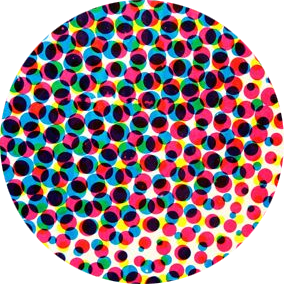Charity in Hell (“The Three Gold Whips”)

Presented as an aside amidst the broader “Hellboy in Hell” story arc, “The Three Gold Whips” is an elegantly simple story that implicitly re-defines Hellboy’s long and difficult journey and the innately human qualities that define his heroism. #Hellboy 1/11

The origin for the story is a folktale collected by the Brother’s Grimm titled “The Devil and His Grandmother” in which 3 soldiers sell their souls to the devil for gold and 1 of said soldiers seeks the Devil’s Grandmother for help in evading his soul’s collection. 2/11

The Hellboy version is quite faithful to the Grimm one, with some minor modifications to align it to the Hellboy universe and with the important (or arguably unimportant) inclusion of Hellboy as a companion on the quest. There’s no fight scene here; no gunplay; no sorcery. 3/11



The emotions are there, however, just simmering beneath the surface. Jules Dulot (the seeker of salvation) exudes a quiet desperation couched in the trauma of warfare and the polite mannerisms that he abides by at all cost. 6/11



Hellboy’s identification with others is made apparent in a pair of scenes – first when Jules identifies Hellboy as a solider and notes “It leaves a mark, doesn’t it?” and again in the final page when Hellboy meets the other soldiers and invites them drinking. 9/11

Read in the context of Hellboy in Hell’s broader meditation on ennui, or depression, or even a mid-life crisis specifically, the story makes a somewhat beautiful argument that life is dark & difficult, but some people are willing to help and that’s what makes them heroes. 10/11

The final panel quietly articulates the value of this viewpoint with a caption reading: “Jules Eugene Dulot died in Paris at midnight, August, 1819. On the stone wall near his body someone (or something) had etched these words – ‘His Soul, His Own.’” 11/11
